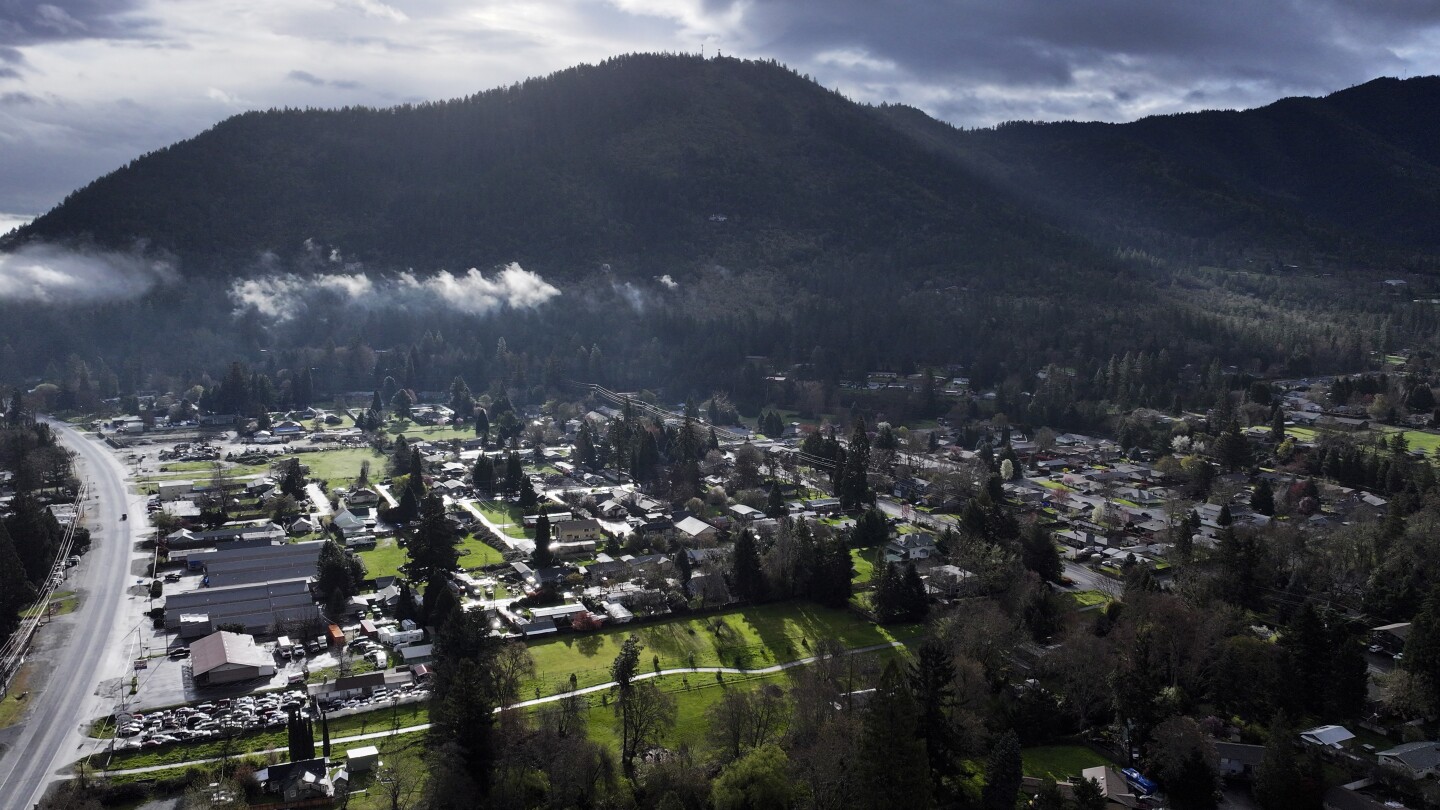cross-posted from: https://lemmy.ca/post/19341435
The scenes were emblematic of the crisis gripping the small, Oregon mountain town of Grants Pass, where a fierce fight over park space has become a battleground for a much larger, national debate on homelessness that has reached the U.S. Supreme Court.
The town’s case, set to be heard April 22, has broad implications for how not only Grants Pass, but communities nationwide address homelessness, including whether they can fine or jail people for camping in public. It has made the town of 40,000 the unlikely face of the nation’s homelessness crisis, and further fueled the debate over how to deal with it.
“I certainly wish this wasn’t what my town was known for,” Mayor Sara Bristol told The Associated Press last month. “It’s not the reason why I became mayor. And yet it has dominated every single thing that I’ve done for the last 3 1/2 years.”
Officials across the political spectrum — from Democratic Gov. Gavin Newsom in California, which has nearly 30% of the nation’s homeless population, to a group of 22 conservative-led states — have filed briefs in the case, saying lower court rulings have hamstrung their ability to deal with encampments.



Can you jail them for not paying their fines? If so, homelessness is solved! 🥳
Exactly.
Great idea. But jails are expensive, you have guards and such you have to pay. Maybe a small house, like a tiny one. Where they can come and go, and maybe find a job and start paying taxes.
But if you put them in jail you can dehumanize them and legitimize their treatment, they are now criminals after all. You can also put them to work for slave wages without causing a social uproar.
Heh. We need to starve the machine.
Homelessness in America is 10 times higher than reported. The majority of people in prison are homeless and go from in prison to homelessness to prison again. But they don’t need to imprison people for just being homeless. You make laws that only penalize things homeless people have to do to survive. Like, anti camping laws. Or, eating to close to a road.
And the prison industrial complex needs starving.